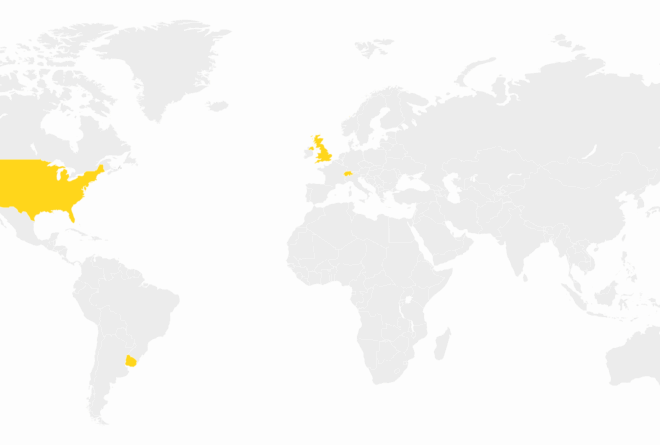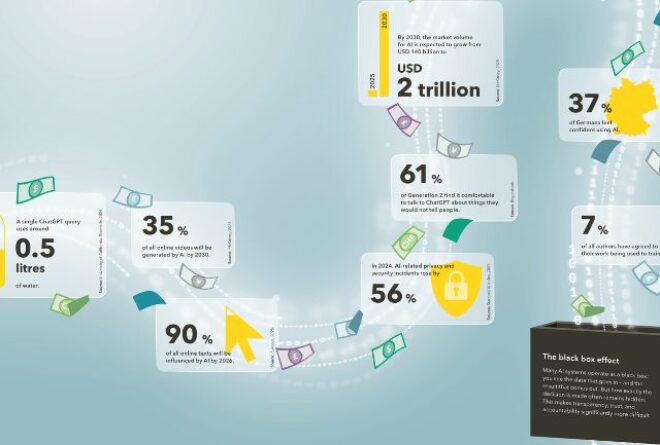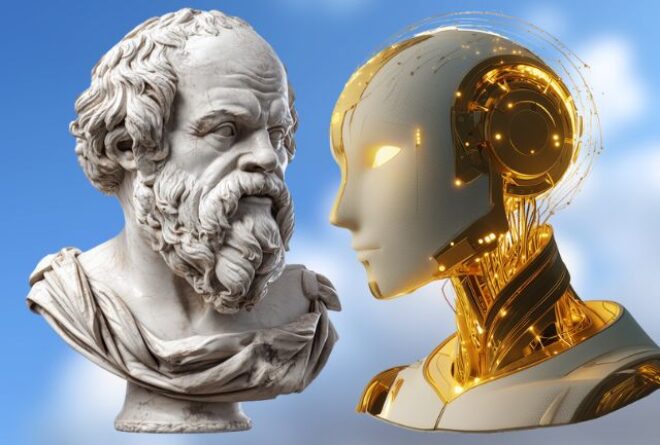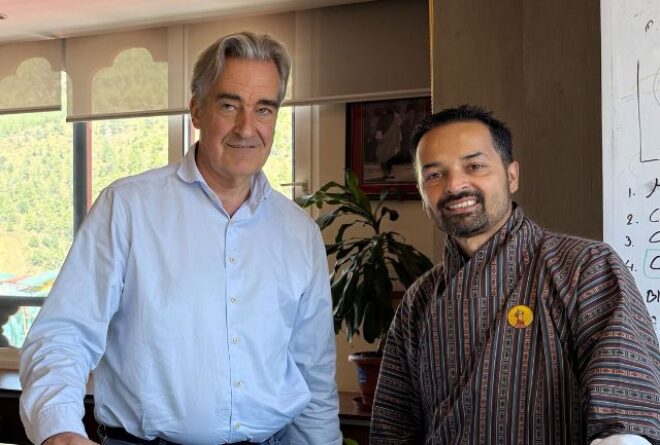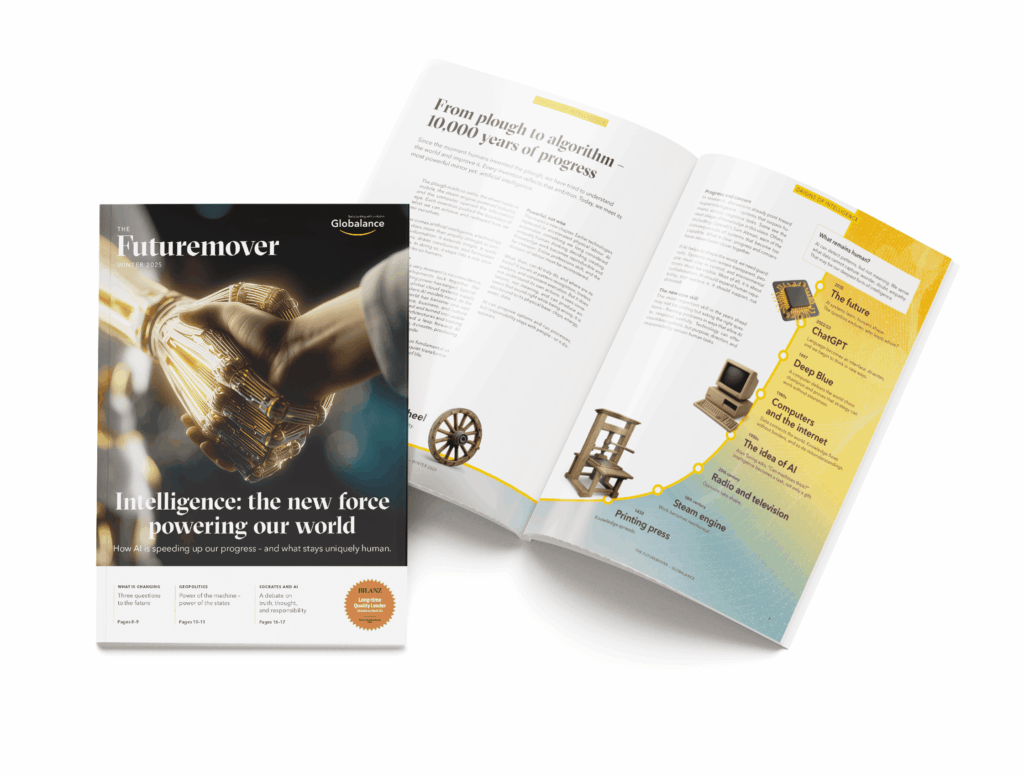News & Trends
Artificial intelligence aims to inspire, not destroy
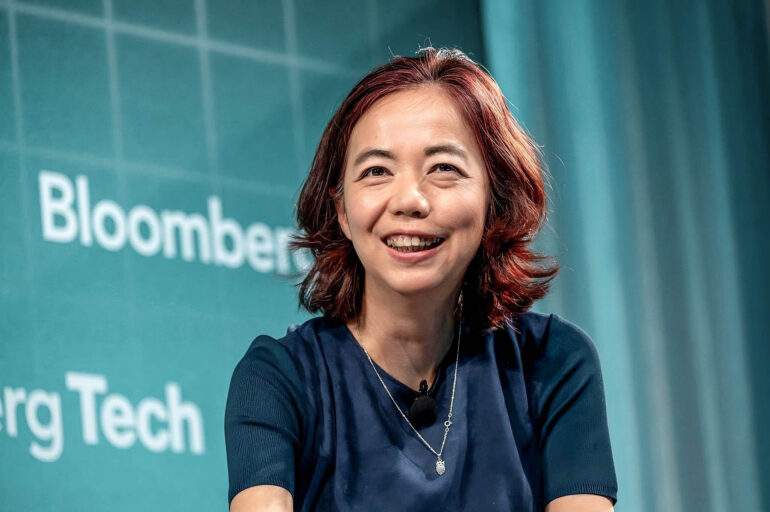
AI founder Fei-Fei Li
With AI, nearly everything is possible. But what do we really want to use artificial intelligence for? AI research scientist and entrepreneur Fei-Fei Li has helped spearhead the development of AI over the past 20 years. As the “voice of reason”, she also highlights the dangers of self-learning algorithms and is committed to deploying them on a humane, forward-looking basis.
Digital image recognition was lamentably poor back in the noughties, when physicist and former head of AI at Google Fei-Fei Li decided to focus her research on “computer vision”: the discipline to teach machines how to see. While her fellow scientists were working on solutions involving algorithms, Li had the idea of training computers to see — and, indeed, in the way that children learn to recognize people, animals and objects: through constant repetition. To feed the algorithms, Li and her team collected nearly a billion digital images. Nearly 50,000 people then went about labelling and categorizing them. This led to the creation of the Imagenet database in 2009.
Taught computers to see
Li’s idea was incredibly successful, with computers actually learning to identify objects. Li made the new technology available free of charge to ensure other scientists could train its algorithms. And indeed they did: Li’s invention is now considered a major advance in the development of AI and was also used to develop driverless cars as well as image generators.
For that reason, Li is described as the “godmother of AI”. What’s more, she probably has the next ground-breaking innovation in the pipeline: Her 2024 start-up World Labs is specialized in spatial intelligence. The aim is to teach computers to think spatially. Within a short space of time, her start-up had attracted leading investors in the tech sector and was valued at a billion dollars.
Recognizing the power of AI
Fei-Fei Li’s biggest contribution to the development of AI is probably of a more secondary nature, however: Li argues that science has a big responsibility to create humane, trustworthy AI. She wants AI to be used in a forward-looking, sustainable and responsible manner. As a Stanford professor, AI scientist, member of the supervisory of major tech firms and mother of two children, she is committed to being a “voice of reason” and believes artificial intelligence should be used for the common good.
With that goal in mind, Li co-founded the University of Stanford’s Human-Centered AI Institute. Its objective is to demand and foster ethical, “human” AI technologies and applications. Li and her fellow campaigners are calling for improved exchange between research, tech start-ups and professionals in practice — for instance in education, medicine and agriculture. They are also demanding a critical distancing from the opportunities provided by AI. Fact is, AI can destroy just as easily as it can inspire. The belief is that humans should not be using AI to kill each other in wars or to individually enrich themselves. Li’s aim is for humans to use the technology to improve the world and society at large — be it through scientific discoveries, new materials or medical breakthroughs.
Spatial intelligence – the next breakthrough in AI?
Fei-Fei Li caused a furore with her firm World Labs in 2024. World Labs is specialized in artificial intelligence. The start-up aims to teach computers to see on a three-dimensional basis — as well as act accordingly. This would be a major breakthrough in the development of AI. Spatial intelligence would take many technologies — drones and driverless vehicles, for example — to a new level.
Minorities in AI research
Li thinks one of the biggest risks posed by AI lies in the researchers themselves, given that they are the ones who are determining the algorithms. This could mean that they are subconsciously passing on their prejudices to AI. Through the AI4ALL organization, Li therefore supports women and minorities in AI research. Li suffered from discrimination herself as a child — in China, her talent for natural sciences was ignored due to the fact that she was a girl. When her parents then emigrated to the US with her in the 1990s, she was once again a member of a minority — an Asian — and experienced racism. In addition, her parents lived in poverty in the US, and it was only thanks to her extraordinary talents that she was able to study.
Fei-Fei Li’s recipe for success
Family situation
In China, Li faced discrimination because she was a girl. Her parents therefore emigrated to the US.
Talent scout
Li’s mathematical talent was recognized and encouraged in the US.
Access to education
Thanks to her extraordinary gifts, she studied for free at Princeton University.
Right setting
Despite initial scepticism, she was able to realize her bold plans by attending a top university.
Open source
Li made her technology available to other researchers, thus facilitating the further development of AI.
Investors
Thanks to major tech investors, Li is able to take AI to a higher level with World Labs.
Be part of the solution and stay informed with the Futuremover.
Subscribe now and shape the future!
Magazin abonnieren EN
"*" indicates required fields
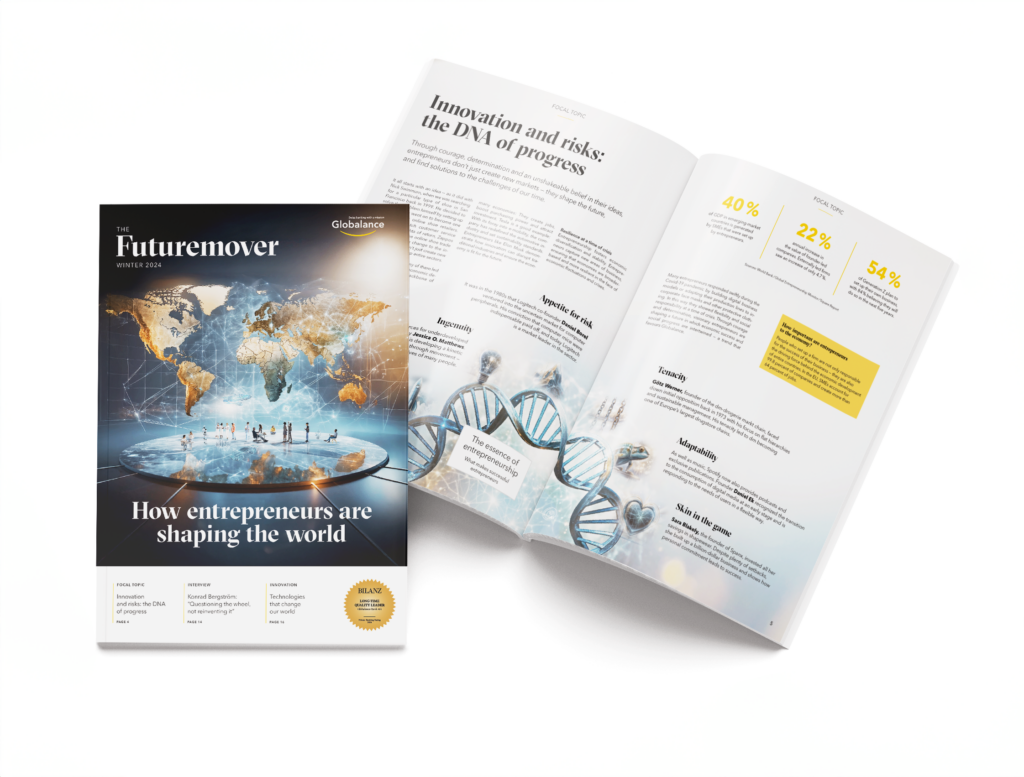
Discover the entire issue
Read more articles from our current issue: ‘How entrepreneurs are shaping the world?’.




